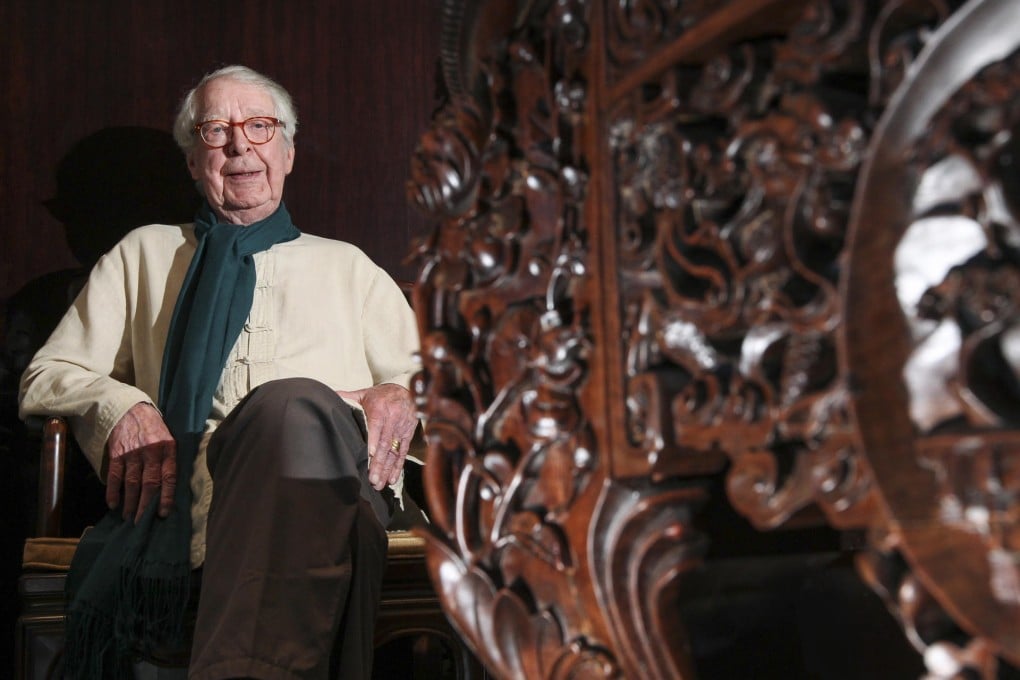Meet Göran Malmqvist, Nobel Prize member and champion of Chinese literature
Göran Malmqvist is a member of one of the most influential literary bodies in the world, and a champion of Chinese literature, writes Janice Leung

When Gao Xingjian won the Nobel Prize for literature in 2000, Göran Malmqvist came under fire for not recusing himself in the awards process. Critics accused Malmqvist, a senior member of the selection panel, of a conflict of interest because he was a friend of the dissident Chinese writer and had translated many of his works.
A similar controversy emerged 12 years later when Mo Yan became the second Chinese author to win the prize.

Questions about his role in the choice of Gao and Mo for the Nobel Prize are perhaps inevitable. Malmqvist is the only sinologist among the 18 members of the Swedish Academy who decide on the award, and is widely assumed to be the driving force in their selection. Many believe his influence is all the greater since he translated their works for the academy to review.
At the same time, the authority of the Swedish Academy as an adjudicator of world literature is sometimes called into question.
The academy comprises mainly writers - novelists, poets, playwrights and screenwriters - along with some historians, scholars, literary critics and translators. All are Swedes and their primary role is to maintain the vigour of the Swedish language. Members meet weekly to select recipients for dozens of literary awards; the Nobel Prize for literature is just one of many that the panel bestows.
The prize was first issued in 1901 along with the four other awards (chemistry, physics, medicine and peace) established under the will of industrialist Alfred Nobel. Monetary reward aside, the prize undoubtedly confers considerable prestige in the world of letters - and with it a fair share of controversy.